|
We live in a little bubble, up in Napa, California. We get caught up in our daily lives of attending classes, doing our projects and getting the work done. But did you know, that in between those six-week progress reports, there are some incredible ways that New Tech Penguins are influencing the world of education and changing the way the world operates? You thought you were just a student a high school that's just a little different, but little do we all know how powerful our work really is. Let me enlighten you! While attending the Education Innovation summit for HundrED in Helsinki this week, I've had the chance to chat with educators from around the globe, doing incredible work. We've heard keynotes from people doing deep and meaningful work teaching disadvantaged children important life skills, to teenagers who speak at the United Nations and are changing the way we talk about and act on global environmental issues, to project-based schools where students travel the world solving problems as they go. Let's just say that the people in the room are BIG players on the education stage. These are people who are moving and shaking the world for good. In the midst of the speakers, one representative from HundrED presented the results of the most recent youth survey about what students want to see in the education world. Students from all over the world were invited to weigh in on what issues were most important to them as learners. This survey, is now being used to inform policies moving forward this year on the global stage and has been shared with hundreds of the big players mentioned above. Most of the answers they received came from the U.S. If you look at the graph, about 140 U.S. teens answered the survey out of about 400 students world wide. Guess where about 100 of those responses came from?......New Tech Penguins. That means that a quarter of our student body have contributed their feedback to the very people who have the power to make serious change in the world of education! Do you remember filling out that survey? Thank you if you did and pat yourself on the back, you are now playing on the world stage! We don't even know the impact we are having!It strikes me that as staff and students at New Tech, we don't even know the impact we are having on the world! It's time to review some of the really cool things we are doing and revel in the kudos a bit. I share these, not to brag, but to help you wake up to the very important work we do every day, whether you realize it or not. Kudos on this last year of work!Besides influencing global education decisions Penguins have accomplished some great things: 1) Students worked directly with software folks at Adobe to develop Photoshop for the iPad and their names will appear in the credits for the software when it is released 2) We tested and helped to develop software we can't even talk about yet, something that will affect students all over the world when it is released. 3) We are in the process of creating a Lighted Art Project which is expected to be seen by 20,000 visitors in January. 4) We have modeled how teens can work with adult mentors, locally and from across the world in meaningful and effective ways. Our latest mentor from London had nothing but glowing things to say about our students. 5) We have started movements that change the way people over-consume in our society. Our work has led to real personal changes in how we ourselves make our consumption choices. 6) One student recently spoke at key education conference, Fusion, about what we do at New Tech with Project Based Learning and Portfolios, in front of hundreds of educators. 7) Three students have attended leadership workshops at Stanford and brought back ways to more effectively do school, creating a task force and activities with tangible next steps. 8) One student last year, was featured on an NPR podcast, allowing our innovative learning process to be heard by hundreds of thousands of listeners. 9) The 9th graders have modeled integrated learning through one inquiry question with many teachers on the team. There is potential to share what is working and not working with educators in all sectors. 10) We have received awards for Best in Show and Best in Category for two student films in the CA Student Media Festival. 11) Many penguins met with world renown filmmaker, Francis Ford Coppola to learn about how he sees the arts and film in education. 12) Film club students created a video encouraging people to vote in the mid-term election that got almost two thousand views. 13) Our Blog Portfolio program, as imperfect and young as it is, is influencing people from Vietnam to England to Brazil. We are an international award winner, recognized in a list of top 100 global education innovations. 14) Penguins won Best in Show and 1st Place in the Big Sur Division in the Engineering Arts Alliance Competition in San Francisco. 15) One New Tech student had art shown at Adobe Max where 4,000 creative professionals had the opportunity to view the work. 16) One New Tech student was presented as the Young Man of the Year at the Men Making News 12th annual awards ceremony. And this was just in the last year. I haven't even mentioned things that have occurred in the last couple of years like talking with Anita Hill about her documentary in the cyber cafe, or having a student serve as an youth member of the Napa Valley school board, or the building of our tiny houses, or the year we won the ultimate frisbee championship, or, or, or. So how will you view our school? Will you complain about some small detail or see the larger picture? Our learning is truly awesome!How can I say all that I want to say about these amazing things we've done! It's not about getting a swelled head, but it IS about waking up to who we are and how powerful we can be. I see students who do not take advantage of all the mind-boggling opportunities that are available to New Tech Penguins, who do not value what we have at New Tech, who do not see the possibilities. AND I see students and staff who do realize what players we really are on the world stage and how much influence we can have on the world around us. I want to invite you to be a part of the latter group!
I get so super-excited about the possibilities and see that we can do so much more, dream bigger and take advantage of our unique position as a school and as a learning community. Will you get excited with me too? What we are doing in our little school has consequences beyond our limited viewpoint. It turns out, that WE are BIG players too! Whether we feel like it or not. It's time we stepped more into that role, saw ourselves as the global change makers we really are and acknowledge what our little school has done and what it can do in the future. Stay woke out there. You are attending an incredible school. Get everything you can out of being here at New Tech, engage and act as though you have nothing to lose and everything to gain by thinking big, and the world is yours! We often make the mistake, as educators, of going to community and industry partners with our hands out. We ask, "What can industry do for my students? How can industry help" It wasn't until I was talking with a team member at an Adobe field trip that I realized that I tend to swap that request around. My first question, whenever I meet anyone in industry is, "How can my students help you with your business?" It was in the asking of that question, with a team of people from Adobe who happened to be touring my school, that I began what has been a powerful relationship with their company. It turns out that Adobe often wants the feedback of students on product that is in development. They want students who can speak up, are not afraid to offer clear opinions, that are interested in making beautiful images with their products, that understand the basics of project management, and who are generally mature enough to work with a team of adults to communicate clearly what they want and don't want. 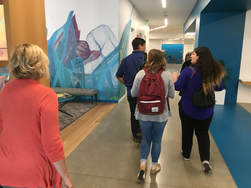 To that end, a group of my students were invited to come visit Adobe Headquarters this week, to work with a team of researchers and developers on product. Students got to show the team how they use the product, discuss what they like and don't like, review marketing preferences, and answer a whole host of questions. To some students, it would be intimidating to meet with 15 adults and to be put on the hot seat, but because we concentrate on building collaboration, and oral and written communication skills at New Tech High, these students were up to the task. After having a great working session with the crew and speaking with their research folks, we has an incredibly powerful career panel, where a small team of people with varied job titles at Adobe, spoke to the students about their path from high school to Adobe. They talked about their trials and tribulations, as well as where they chose to pivot to pursue their interests instead of staying on whatever path they thought they were supposed to pursue. The general message was one of supporting students to think about following their bliss, considering design your own majors or double majoring in seemingly disparate subjects, or choosing minors that support their creative passions. The entire trips was eye opening for all the students. They were super grateful to have the time and the special connections they made with folks at Adobe. Surprisingly, the Adobe folks were also super grateful to have the students there. I think that in making industry partners, the relationship has to go both ways. We can not just take, take, take, but also offer added value to our partners, such that we help companies in some way, by offering insight into a demographic they don't normally hear from, or by creating great product that can help companies in their endeavors. What an incredible day. I know it has helped my students gain confidence, gain more clarity about what their next steps are in college and beyond, and it's opened doors for them that would not normally be open. I hope all teachers are on the lookout for ways to partner with industry. Just remember, ask not what your industry partner can do for you, but what you can do for your industry partner!
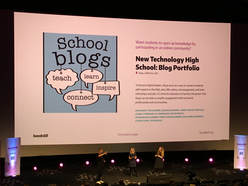 New Tech High: Blog Portfolios had been selected to be a part of HundrED 2017, as one of the most inspiring innovations in K12 education. This means New Tech had been through a rigorous research process carried out by HundrED’s own in-house research team, been analyzed by educational expert advisory boards, and had also been reviewed by student advisory boards too! The core goal of HundrED is to help good practices in education spread, as education is the key to a happy and healthy future. HundrED hopes to inspire people in education all over the world to improve education where they are. HundrED’s findings are always shared with the world for free. For me the Summit was an incredibly affirming event that let me know that the work New Tech does fits in well with the rest of the innovators out there around the globe. The educators at the Finnish schools we visited agreed that we could easily be sister schools in that we are wrestling with the same issues in education these days. How powerful it is to know that what we are doing with the New Tech Network is right up there with one of the leading education nations of the world! 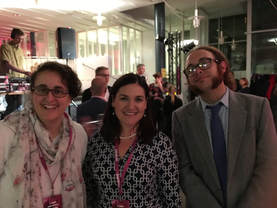 Besides the nice pat on the back, the most powerful part of attending was making new relationships with other like-minded people around the globe. I already have plans to take a new astro-physicist friend in Whales up on his offer to have students play with his 20 networked telescopes across the globe and plans are in the works next year to do a joint video project with another authentic PBL school based in Cambodia. When the education narrative in the U.S. is one of despair and divisive politics, the Summit painted for me, a much broader and hopeful picture. If you are interested in exploring, you can find the selected innovations at hundred.org. There are opportunities to become a hundred school, to try innovations, to become a hundred ambassador, and to nominate new innovations. 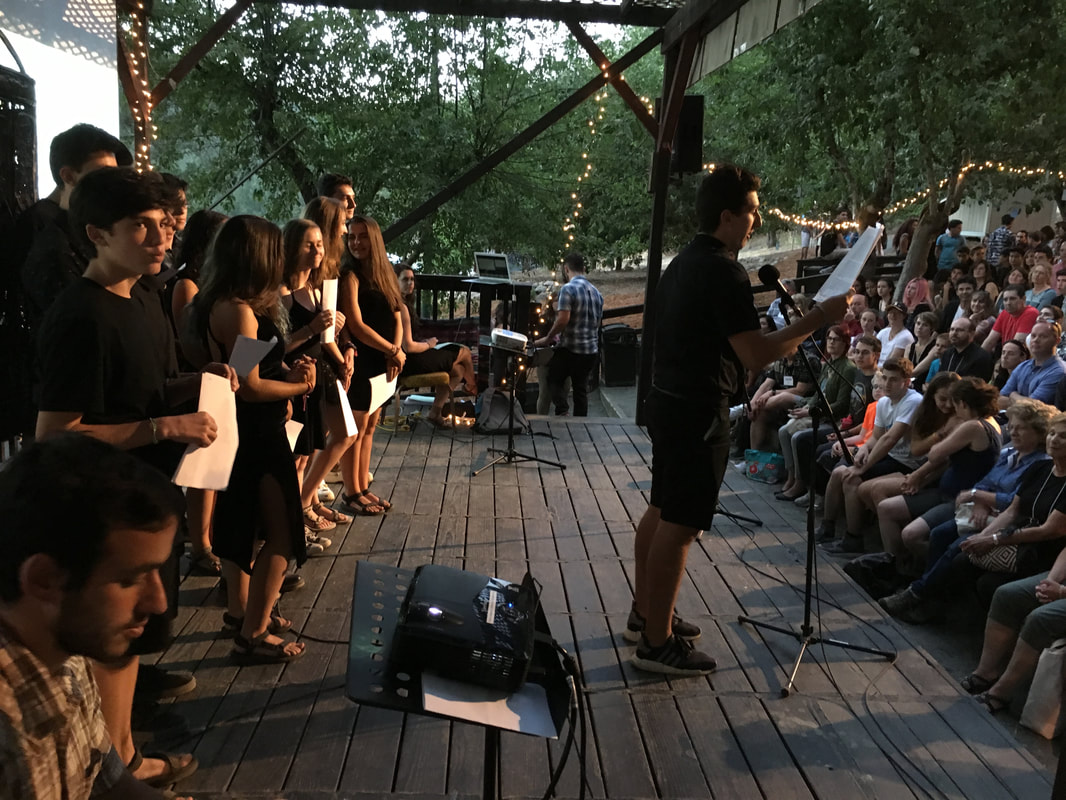 Campers read their poetry and show their claymation to parents and friends Campers read their poetry and show their claymation to parents and friends For the fourth year in a row, I have spent part of my summer teaching high school students up at Camp Newman in Northern California. In the past, I have concentrated on teaching video storytelling in the Arts-based camp session and also in the Social Action-based camp session, alternating between the two. This summer I decided that I wanted to bring something different to the campers, something that would marry head, heart and hands together to engage the whole camper. So I decided to enlist my friend Hillary Homzie to help me create a new class called "Poetry and Claymation" You can read all about what we did in the article "Fearless Campers Use Clay and Poetry to Express Emotions." Both of us decided that it would be best to split the 90 minute sessions by using the first half of each class to write poetry and the second half, working with clay and cameras. Having this nice balance between head and hand-based work really worked for the campers. Mental Note to Self: When working with students, use two seemingly different activities happening at the same time to balance out left and right brain engagement. 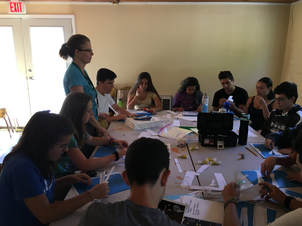 Campers were surprised at how two very different activities could complement each other so well. They felt that when they could move freely between the two activities, depending upon their mood, or their process, it really helped to keep them engaged. Once we got them going with a few days of splitting the class in half, time-wise, we let them decide how they wanted to spend their time thereafter. Some campers chose to spend 90 minutes one day focusing totally on claymation and then the next day, totally on poetry. Other campers chose several days of just claymation and then poured out their poetry on the last day of class. They seemed unsure at first about writing poetry, but seemed to grasp the concepts on their own time, and then, really surprised us at the end! Natural Differentiation: Having two simultaneous and intertwined activities gave each learner the chance to engage in each activity when they were ready and at their own speed. Even when we, as teachers, worried about a camper missing out on one activity, they all came through in the end because it was creative, it allowed them to find their own voice, and ultimately, they saw value in balanced end product. It took trust on our part, as teachers to allow that unfold. I will be taking this dual-activity concept into the school year next year, for sure. I may even have to do this project with my Video Storytelling class. It would be a great way to start the year off!
 I'd had my eye on taking the Innovative Learning Master program for several years now and got my chance to attend, thanks to a generous grant from NapaLearns and a scholarship from the Napa Valley Retired Teachers Association. I finished by degree in 18th months because Touro gives some credit toward the degree through the work already done by teachers when they go through their credentialing process. Finishing my degree in December of 2016, I've had the remainder of the 2016-17 year to apply some of the great knowledge I had attained through the program. Learning ContentThe time and money was extremely well spent. I had time to explore new technologies, study educational models and theory, connect with motivated and wonderful teachers from around the district (K-12) and explore what innovative and successful education looks like across our nation and around the world. We were asked to create an action research paper to study how to use qualitative and quantitative practice to deepen our teaching and solve problems for our students in our classrooms. We had the chance to really understand what a rigorous inquiry cycle of learning looks like, both for us as teachers and also how to apply that to student lessons. Pedagogy Shmedagogy, What's that all about?After having gone through this process, I can truly say that I feel so much more rooted in pedagogy and theory. It's one thing to instinctively know when you are succeeding in the classroom, and another to take the time to explore all the data points, triangulating as needed to verify what you know intuitively, and to be able to apply new approaches to the problem when that data gives you the clarity you need as a teacher. It means that I'm not just shooting from the hip as a teacher, but have backed up my teaching practices with known strategies of success AND I can measure the success of my students over time with student work, observation, survey data and more. Expectations that Touro grads will take on leadership positions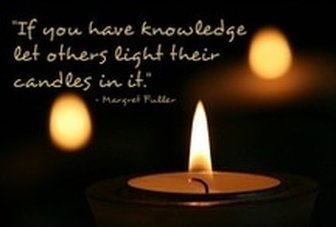 I feel much stronger as a leader, both in my school and in my district. After graduating, I became a PLC (Personal Learning Community) leader for a group of five teachers who met on a regular basis to help examine student work and deepen teaching practices. When faced with a lot on our plates to do as teachers, there is often push back from teachers when they are asked to conduct an inquiry cycle. And, as expected, there was pushback from my PLC, even from myself. But I knew, having done several inquiry cycles in graduate school, that the work is worthwhile and really does get results. If I had not had those experiences and understood the value of doing that kind of work, I would not have been able to effectively lead my PLC team toward the findings and learnings we came to. I felt that, in some wonderful way, that I helped other teachers to also find the value in data-backed inquiry learning. At the end of the year, we all agreed that the work we had done was exciting, useful, fulfilling and got us some great results with student outcomes. I've also had the opportunity to serve on the Deeper Learning Team at New Tech High, exploring ways that we can continue to innovate as a school. We are the flagship New Technology school, the first of over 200 across the country and abroad and we continue to innovate and looks toward the future of education. I didn't feel like an imposter on that committee, but instead felt a sense of pride that I could contribute my knowledge and experience to the team after going through the Innovative Learning program. It felt as though my master education prepared me well to serve on that committee as I will continue to serve next year, both as PLC leader and committee member. Lastly, I took a lot of my newfound technical skills and turned around and taught what I had just learned to other teachers through the Digital Innovators program sponsored by Napa Learns. I hope that many of the teachers who attended my workshops on the Start-up Classroom decide to also get their masters in the Touro program and that we continue to build a strong community of engaged and excited teachers who understand best practices as we move forward in innovative learning. Surprises along the wayAs a Digital Design teacher, I was unsure as to how I would be challenged in the program, since I work with some high level software and am very comfortable on the computer. Although it was true, that often times, I already had the technical knowledge being taught, I do not always get the time to explore the apps and processes that I would like to. The class gave me the time and structure to explore some new apps, try on skills that I often teach, but do not have time to practice myself, and to see what other teachers and other grade levels need and want in the classroom. Often working in teams, I got better insight into what would work and not work for other teachers who don't have the same level of technical knowledge I have. This in turn helped me to create workshops for the district that better met the needs of ALL teachers at all different levels of technical comfort levels. The other learning that touched me deeply and really surprised me had to do with the educational models such as TPACK, The Pebble in a Pond Model, Design Thinking, and The Gap Model. I am a practical person who does not always like to think in abstract ways. I struggled, at first, to find the relevance of such models in my classroom. But once I realized that these are just tried and true structures upon which one can hang lessons and curriculum, it became clear to me how valuable they were. They provided the much needed teaching templates for me to structure some really big programs I had been working on. These models guided me as a developed a whole school eportfolio/blogging program for New Tech and helped me to organize and clarify my thinking about a huge project. What next?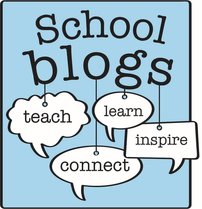 I'm in the process of working with the Digital Innovators program to leverage the work that we as Touro Fellows have learned in our program. We envision graduates getting together in more informal, relaxed settings to share ideas and concepts that are working in the classroom, while providing some basic structure for continued engagement. I am also working on leveraging the success we've had at New Tech with our school-wide blogging program to bring this concept to other schools throughout the district as well as on a national and international level. I like to think big and have a big impact when the innovations are really showing results. If it's working, others should know and be able to harness the newly tested strategies and my focus next year will be on refining those innovative practices and then sharing with the world. I'm so grateful for the opportunity to have gotten my post-graduate degree at Touro and would recommend the program to any teacher considering it. It will only continue to strengthen our district and ultimately, our students. We've started our annual board game project in my Game Design and Visual Effects class at New Tech. This year we are collaborating with the Psychology students to create board games that educate about mental health disorders. We are partnering with local mental health organizations and hope to use the games to help educate the public and those who have been diagnosed to better understand these issues:
Students were allowed to choose the disorder that they wanted to work with and it's no surprise that those with certain issues wanted to be the Subject Matter Experts for their team. This blog is about one such student who lives every day with Attention Deficit Hyperactivity Disorder. E. started out having a hard time finding his place in the project. He struggled with the 3D modeling tutorials I provided for students to learn Maya. But one day he came in with a fidget and asked if he could try to model the fidget. "Sure! Let's see what you can do!" He set out to make his fidget, working off something he had prototyped at home with a piece of a ruler. He had cut a hole in the ruler the size of a ball bearing from one of his old skateboards and could turn the ruler slice around and around in his hand. As a student with ADHD, having a fidget can be beneficial to helping with focus in class. This is also true for those who have Sensory Integration Dysfunction. The Switch Went On! For the next week E. spent every moment he could in front of the computer and the 3D printer making iteration after iteration. Every step along the way, he would show other teachers and students what he was up to. Frankly, it just had that cool factor to it, a weight and feel that was so satisfying. He started collected pre-orders from staff and students alike and got some startup money for his creations from the Assistant Principal. His math teacher wanted in on the action. "How do I get him this fired up about Math?" She tried looking at fractions and ratios in relation to his fidget. You know what else would be cool, E? What if we made this your player piece for your board game and there has to be some game mechanic that involves each player fidgeting with their game piece? What if you created places to put tokens in the fidget so that as you progress with the board game, you can put the tokens in the fidget? Now his whole team was excited about the project and a board game idea was born: Fidget to Finish. It is still under construction, but there is now extra excitement to make sure the board game matches the fidget in it's function and level of interactivity. Moments We Live ForThere are moments when we as teachers are so excited to see a student find their passion. This was one of them. Ultimately, it takes a whole lot of flexibility to find the sweet spot for each student. But when it happens, mmm, mmm, mmm. What really excites me is the idea that we are creating a board game to help others understand what students with ADHD need to succeed. And E. is a living example of that. AND, I'm buying a fidget when they are ready for sale just so I can fidget in class too. Update: May 12, 2017Here's the finished board game! A group of 3 ADHD students and one who does not have that mental health issue COMPLETED their board game, on their own. An amazing accomplishment for all involved. They were really happy with the final result and so was I. We are working on getting the 3D print files to upload to thegamecrafter.com so you can buy the board game and print your own playing pieces (spinners.)
What I learned
Aha Moment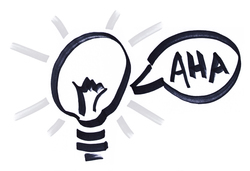 At New Tech, teachers are always scratching our heads as to why projects always seem to take way longer than we expected. Now I get it. Collaboration and creativity takes time. I have a much better sense of why students look like they are goofing off and are not using their class time wisely. It is so tempting to just talk the time away. If it's hard for adults, under a deadline to stay focused, it must be doubly hard for teenagers, where the importance of being social is so key to developmental growth. Strategies for Staying FocusedInterested in learning about how to stay focused? Here are a few related blog posts with great strategies:
www.techrepublic.com/blog/10-things/10-ways-to-stay-focused-on-the-task-at-hand/ http://www.wikihow.com/Stay-Focused https://www.responsiveclassroom.org/teaching-students-to-stay-focused/  One of the things that continues to keep me actively engaged in the process of creating Innovative Learning, is the clear alignment between what is important to me as an educator and what New Tech's Mission Statement.  MissionOur mission is to inspire students to be responsible, resilient, and personally successful in the rapidly changing 21st century, and to be a student-centered model for educational innovation. Vision
I love that the concept of relevance is the leading concept in our school's vision. As I continue to explore personalized learning in my classroom, the main push has been to foster Agency. Helping students to find personal relevance for their learning is a critical part of exploring and discussing Agency. In my Level 3: 3D Printing and Video Storytelling, my students have just completed 7 weeks of learning where they got to choose their own projects, set their own deadlines and follow their own creative and technical noses. I have never been prouder of my students when they presented to the class and defended their learning. They included information about their learning journey, where there were stumbling blocks, what they did to surmount those obstacles, and took total responsibility for their end results. Below you will see two examples of student presentations. Many students said that they would be continuing on with their projects and learning outside of class and were clear about their next steps. Even those students who struggled to find their "groove" have hinted that they would like to try the personalized learning format again, perhaps in the Spring Semester. As a member of the Deeper Learning Team at New Tech, we continue to explore how we envision the next 20 years at our school. As long as we keep our mission statement and vision at the forefront of our minds, I know that we will continue to do great things. I am hoping that we continue to move more toward personalized learning, whatever that may look like.
In our PLC, (Professional Learning Community) we are working in a new cycle of inquiry.
Our question is: How can we better support students to document their growth over time? We are finding that some students just DO NOT like to write reflection pieces, or planning documents, or documents that show what they are learning. We believe there are several factors at play in these situations. 1) Students can have resistance to writing no matter what 2) Students just want to learn, but not document their learning. 3) Students feel that writing about their learning is just a thing that needs to be done to appease the teachers. We have a theory that if we make documentation easier for those students who resist, that are percentage of participation with increase. We will be mining our data from the last two progress reports to see what percentage of participation we got for past reflections and documentation activities. We will then provide video blogging as an alternative to writing and compare percentages of participation again. This will be a 2-3 week research action cycle. |
AuthorLisa Gottfried is a CTE teacher with 20 years experience as CEO of her own Video and Motion Graphics Production house. She currently teaches Digital Design at New Technology High School and at Touro University in the Masters of Innovative Learning program. She loves her job and her students! Archives
January 2024
Categories
All
|
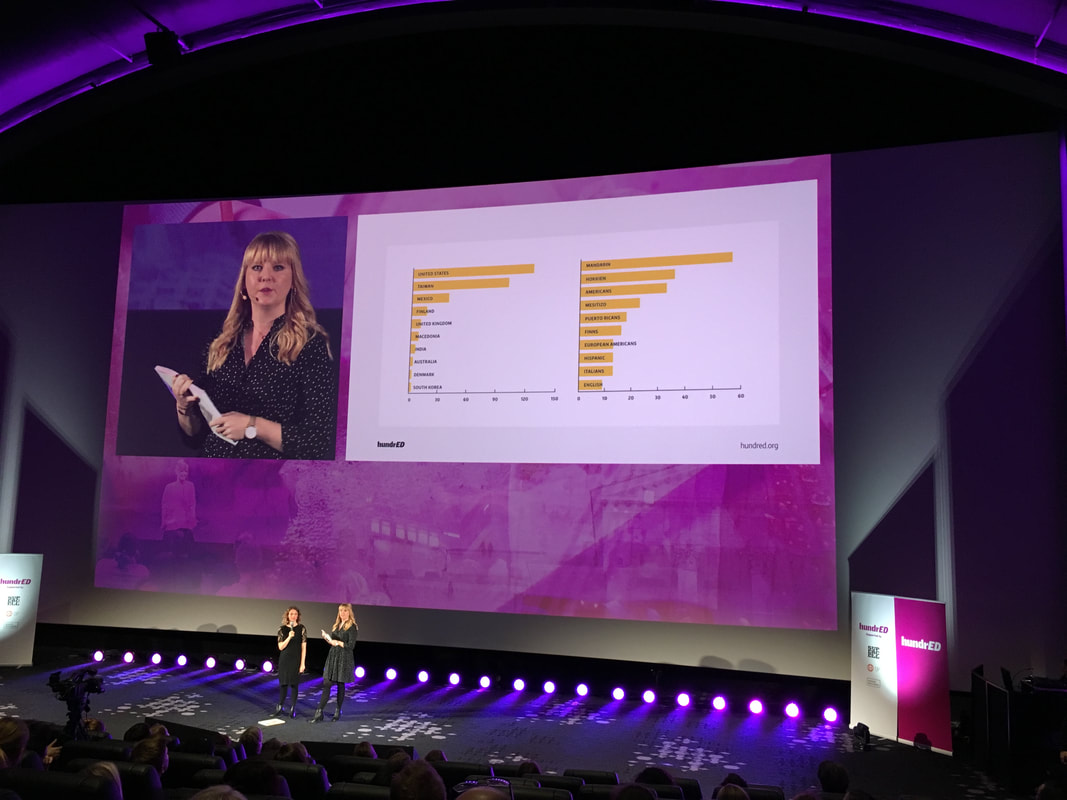
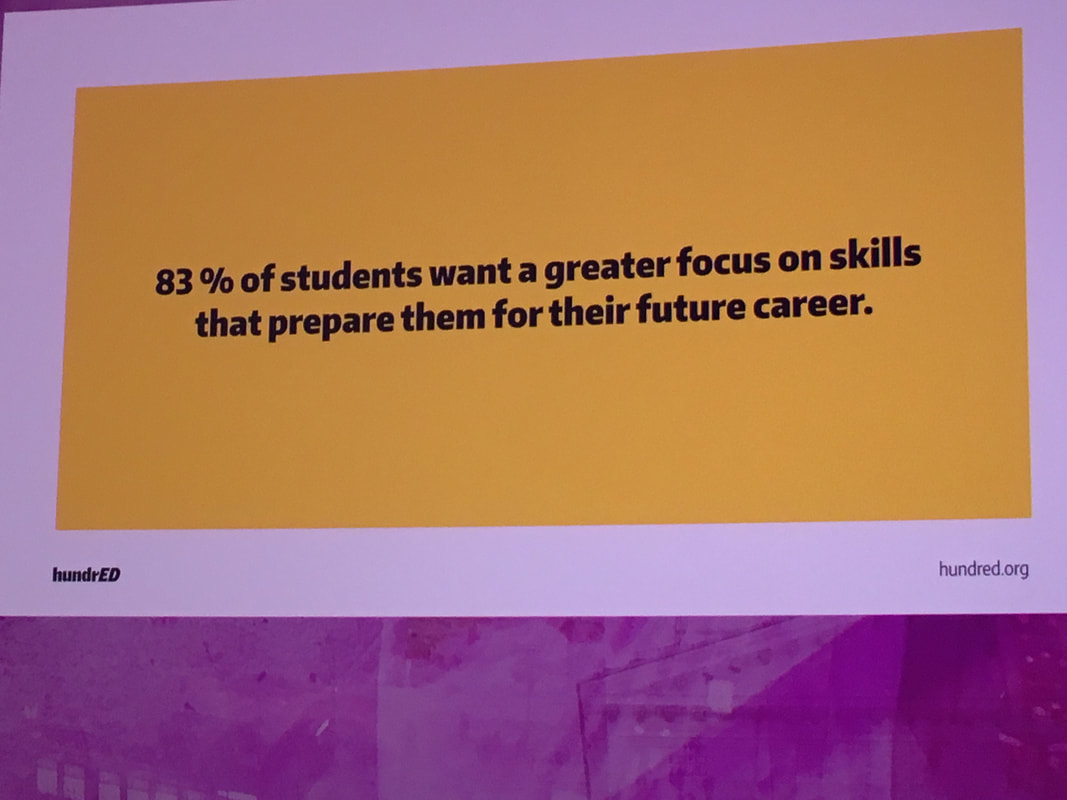
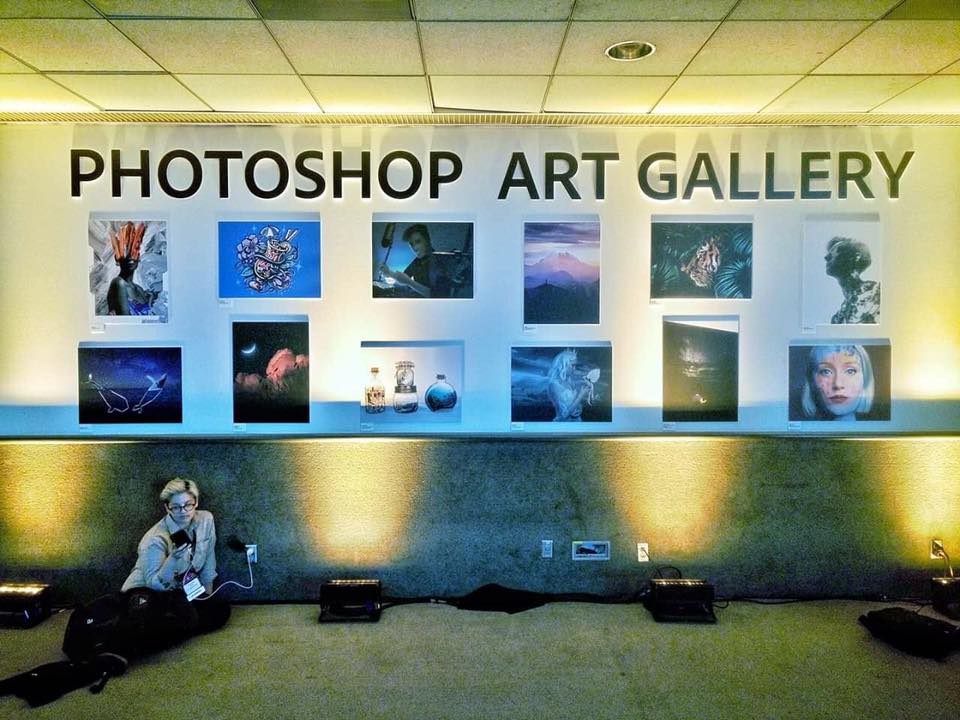
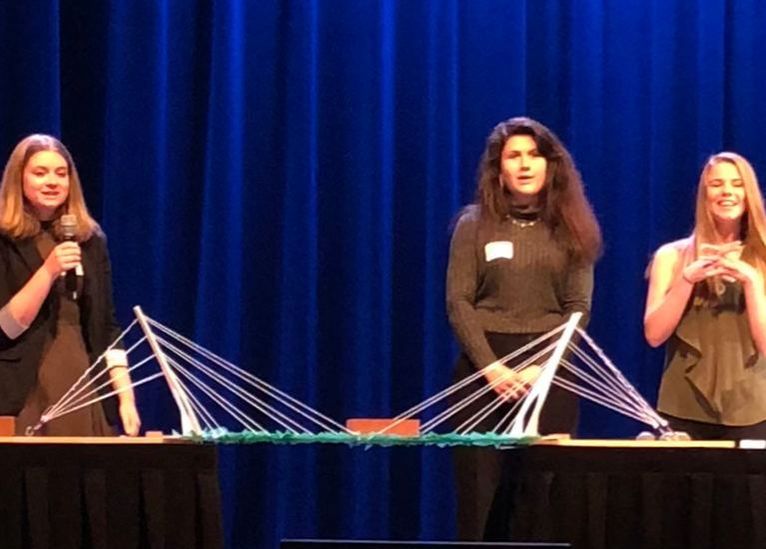
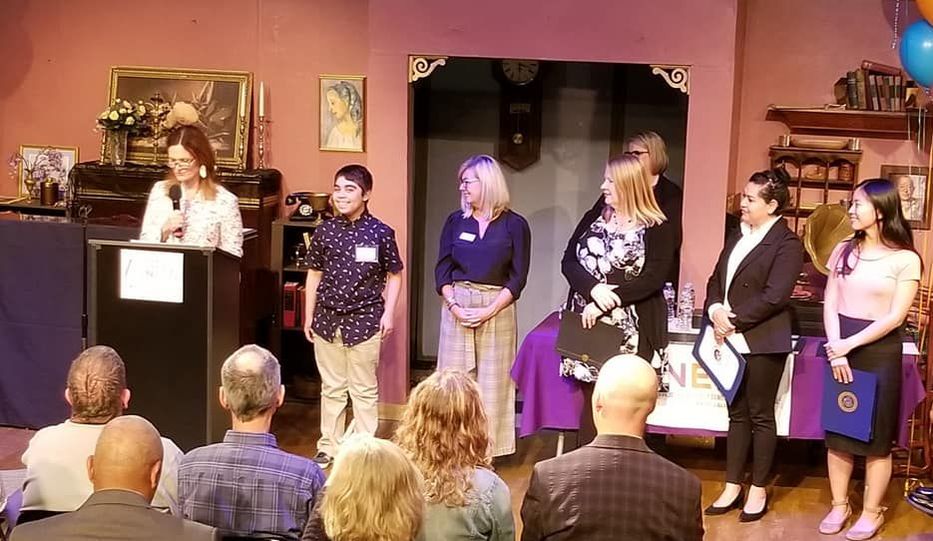
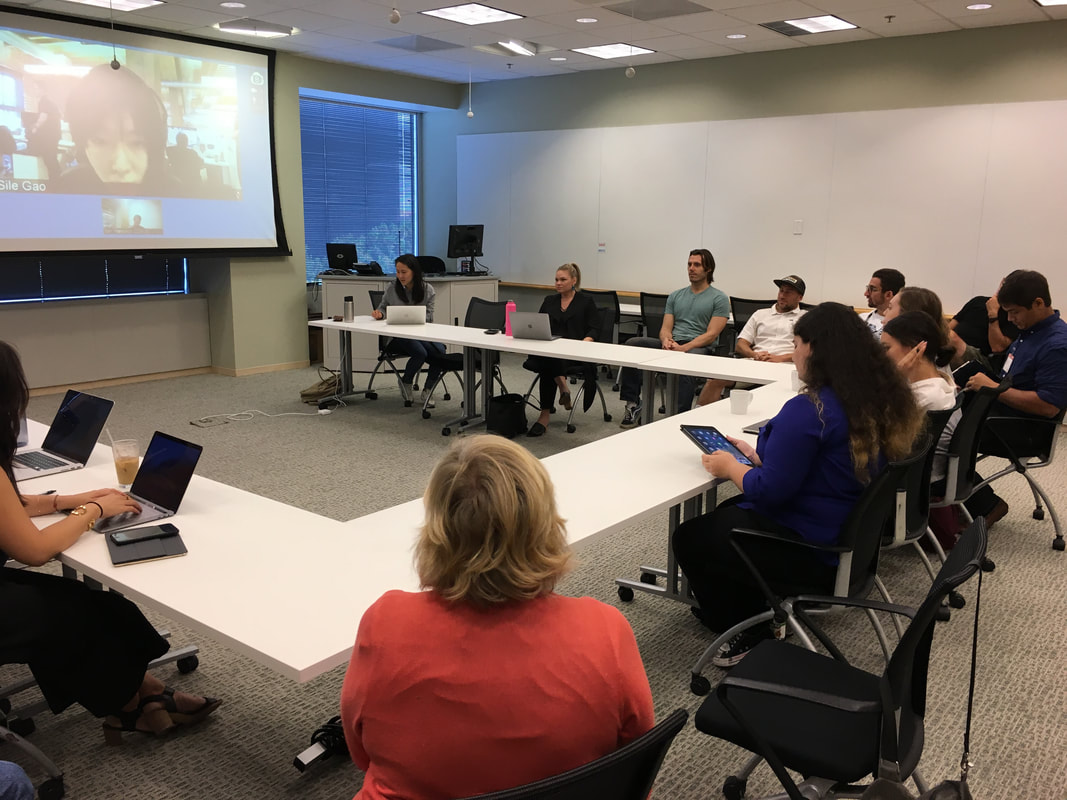
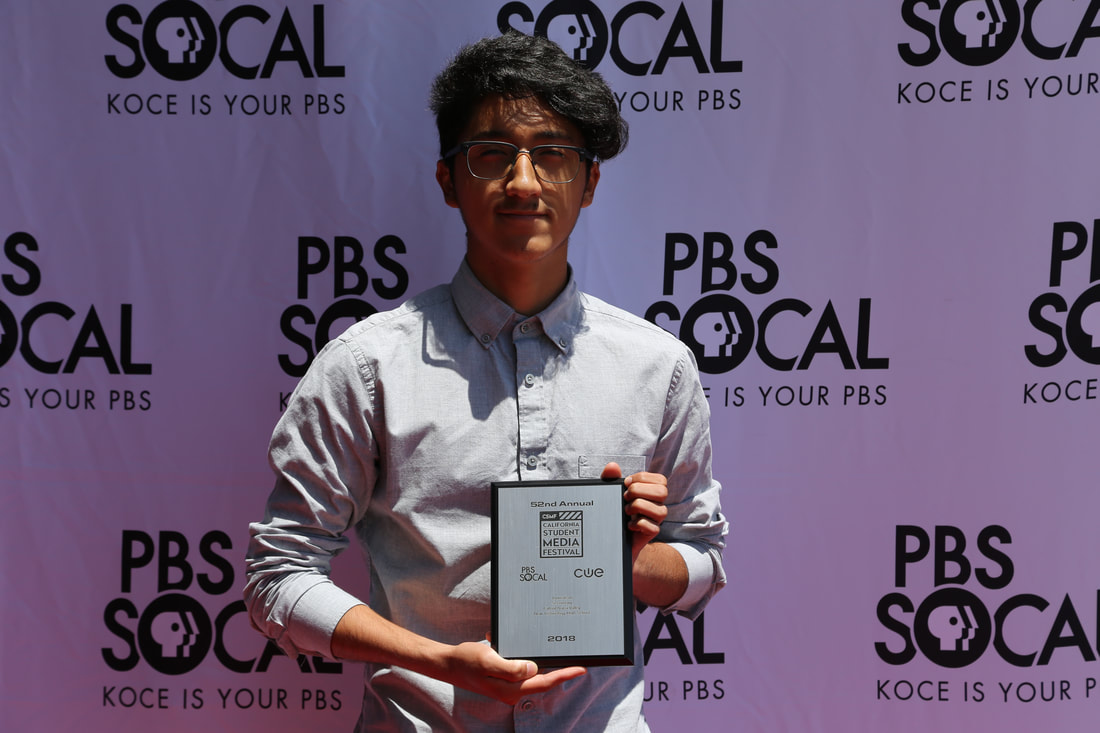
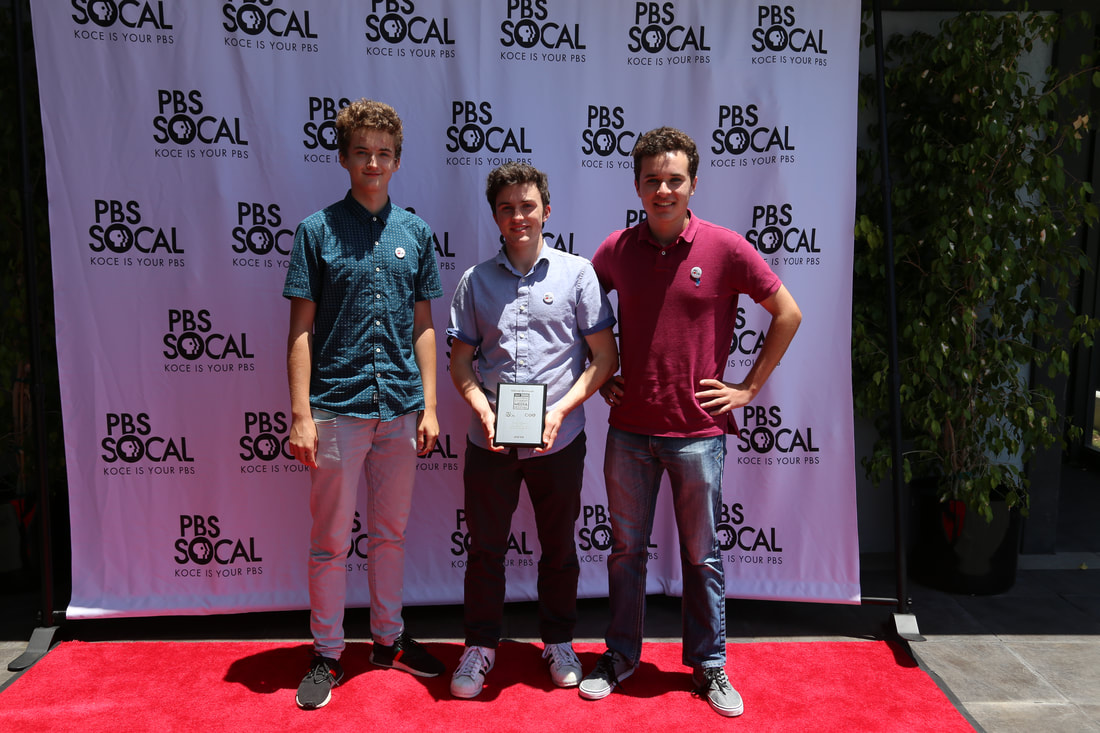
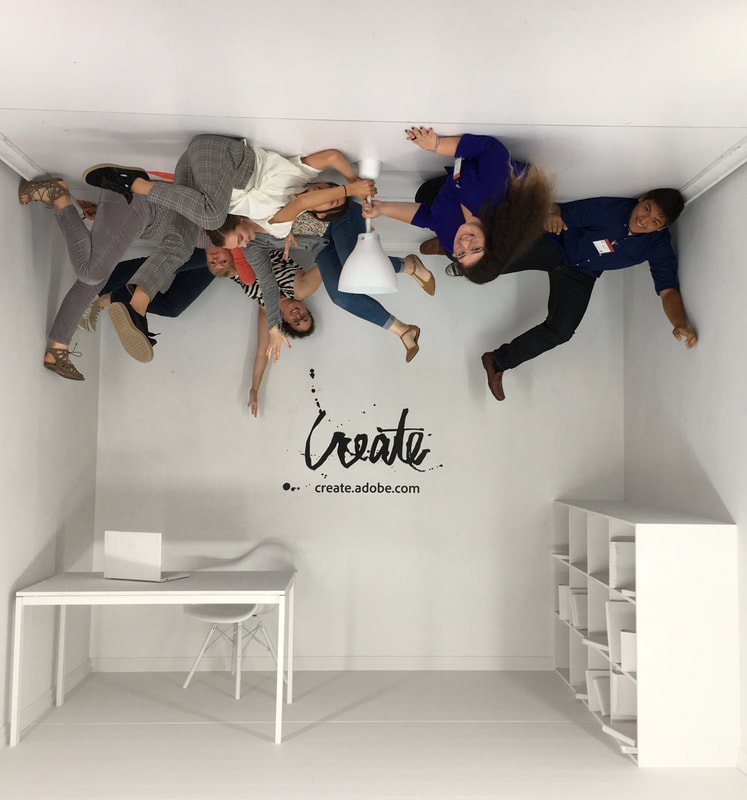
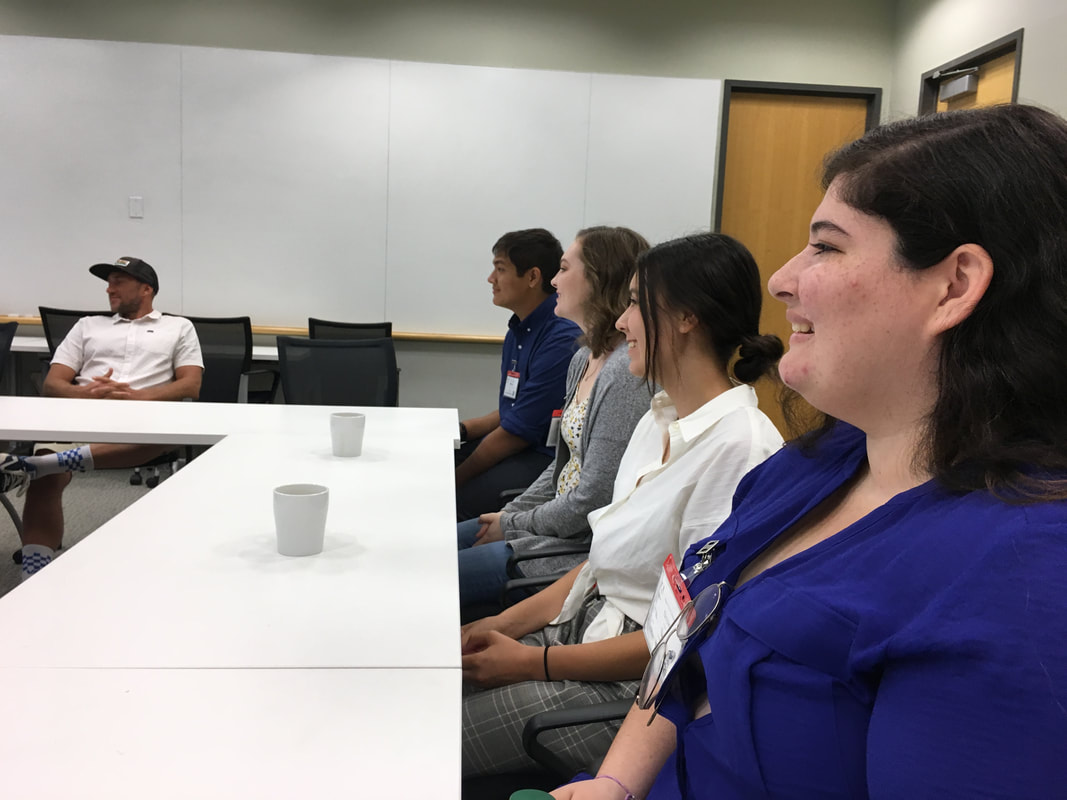
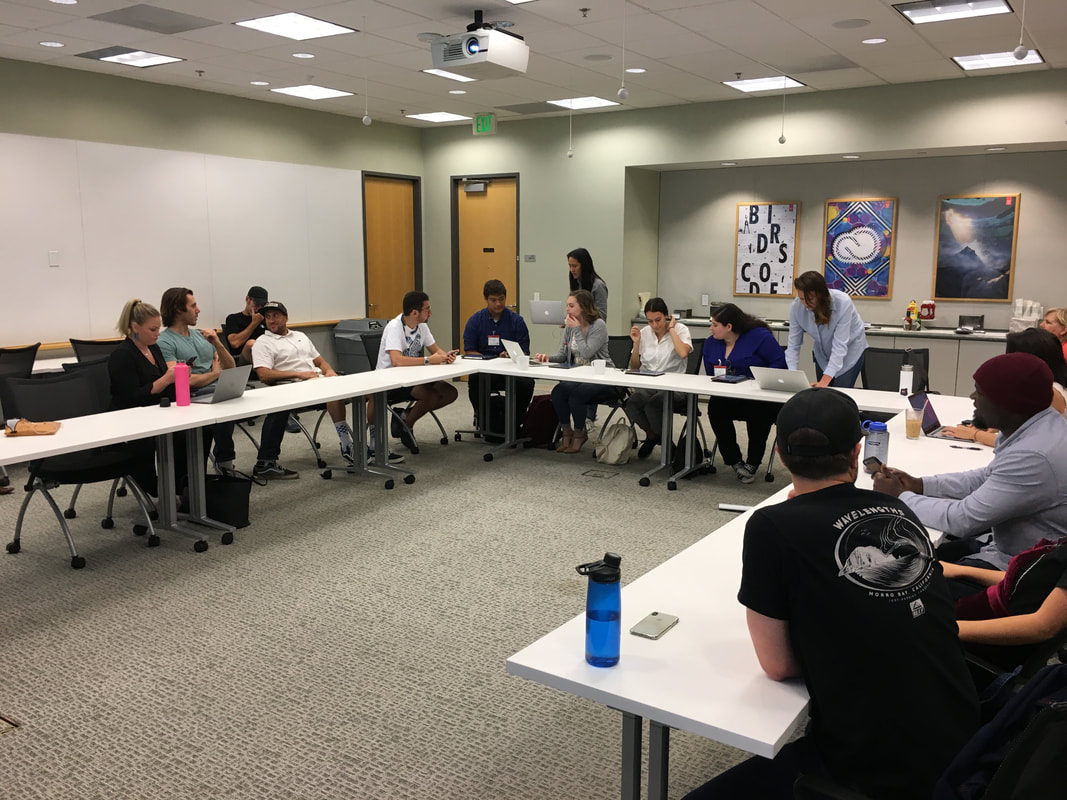
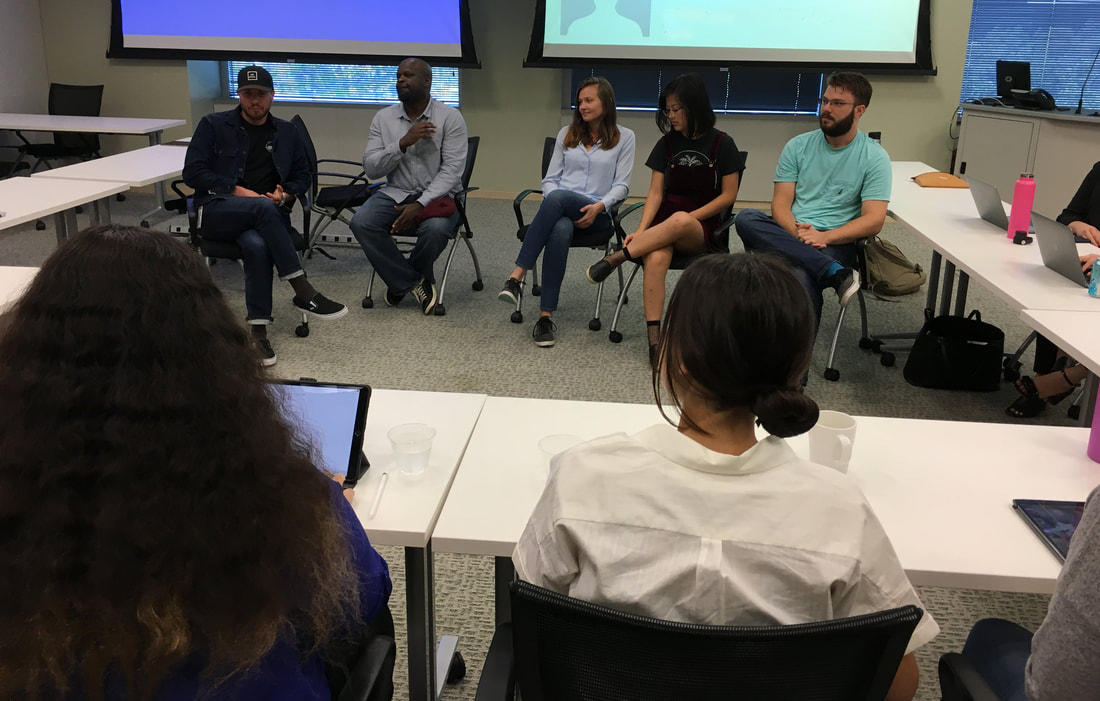
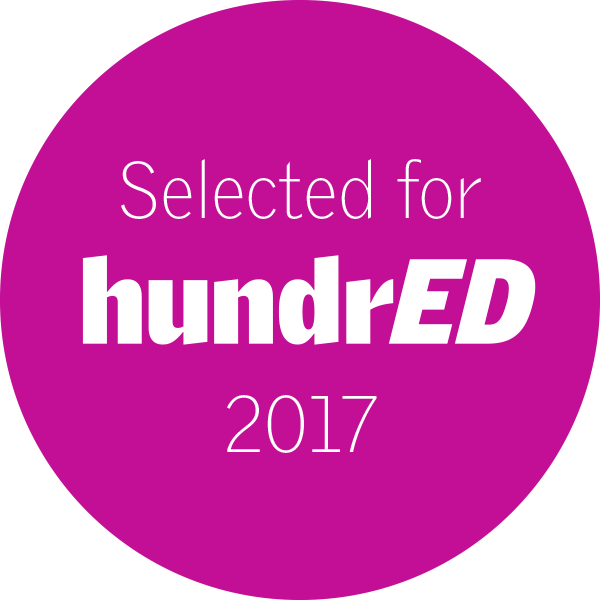
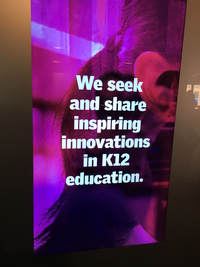
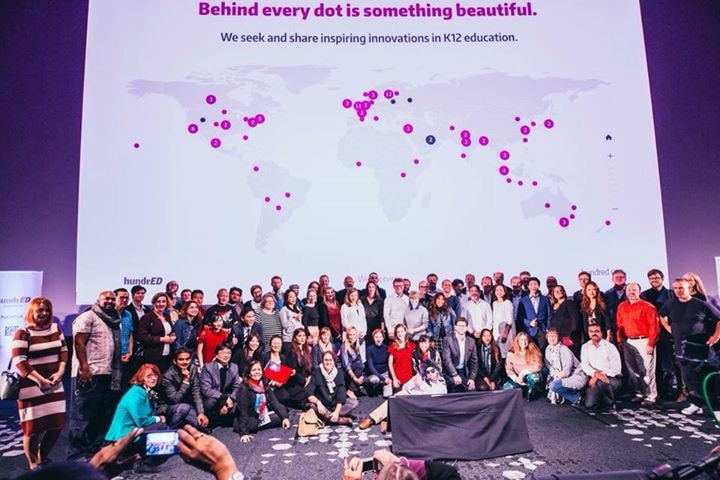
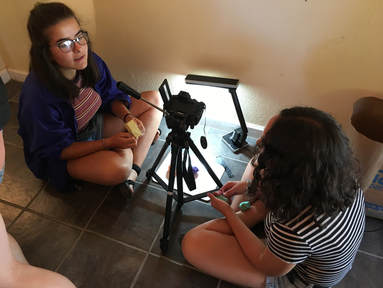
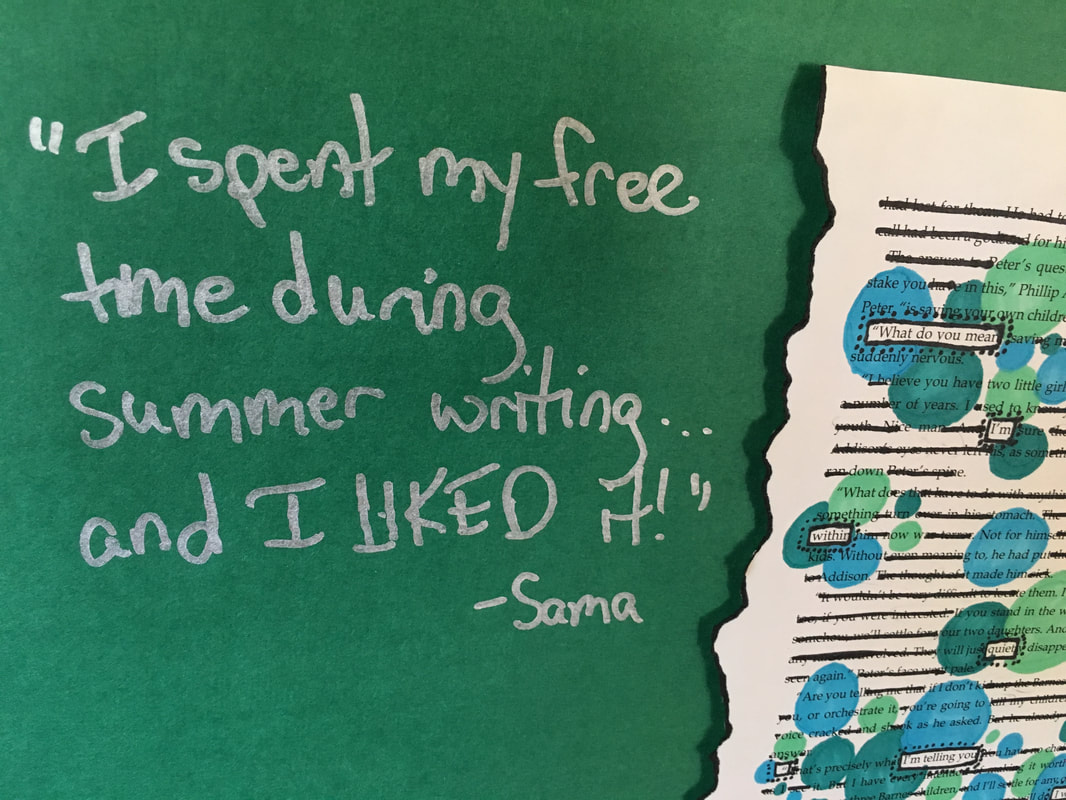
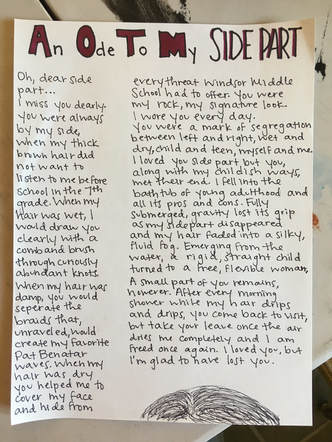

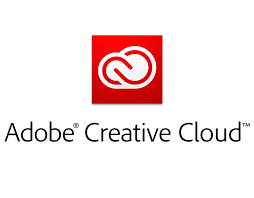
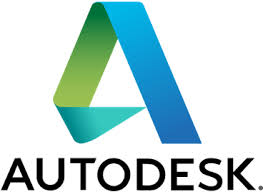
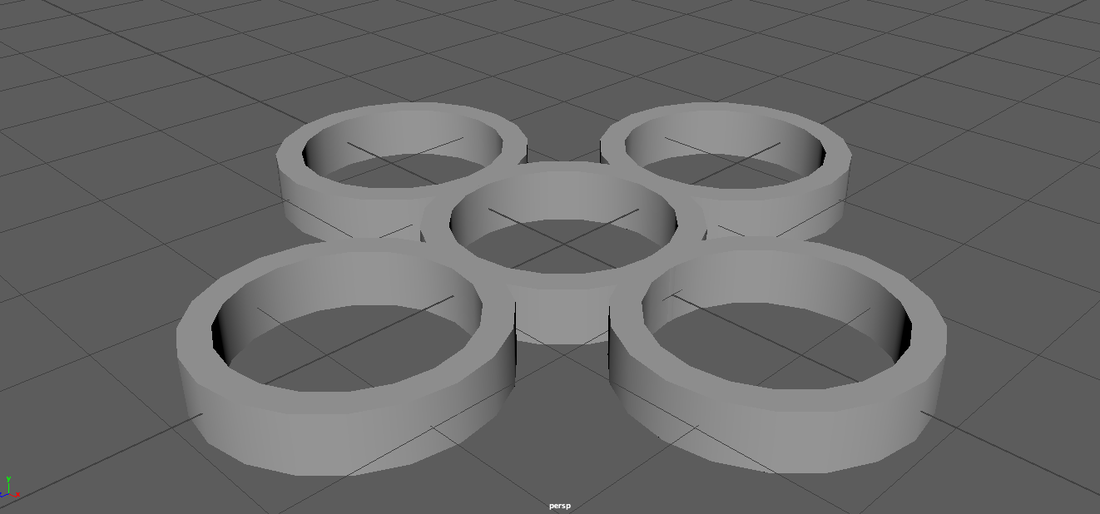
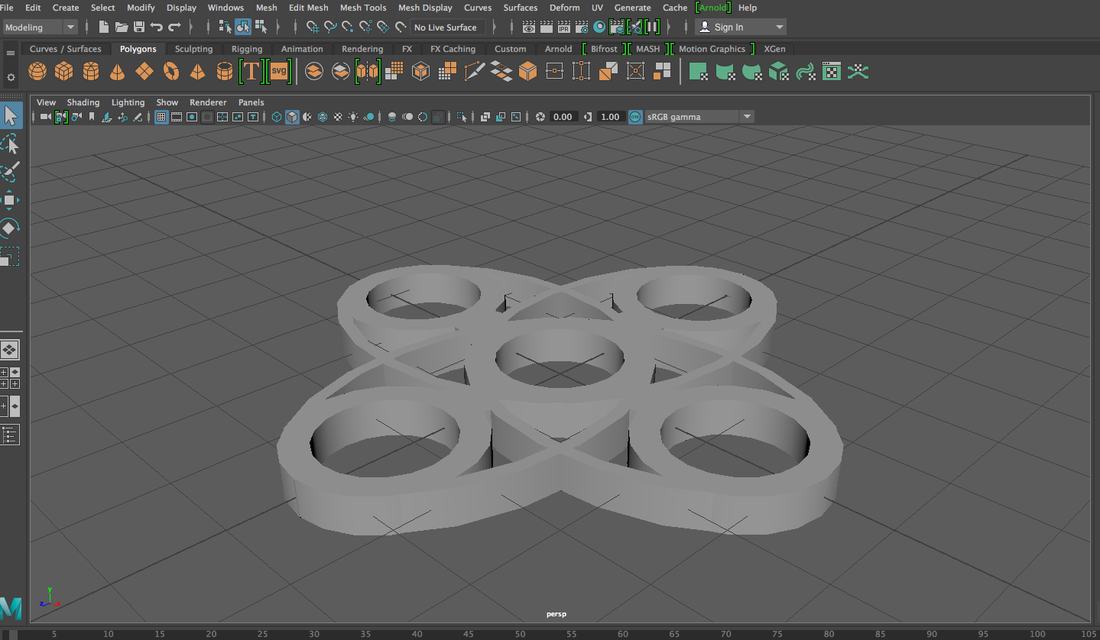
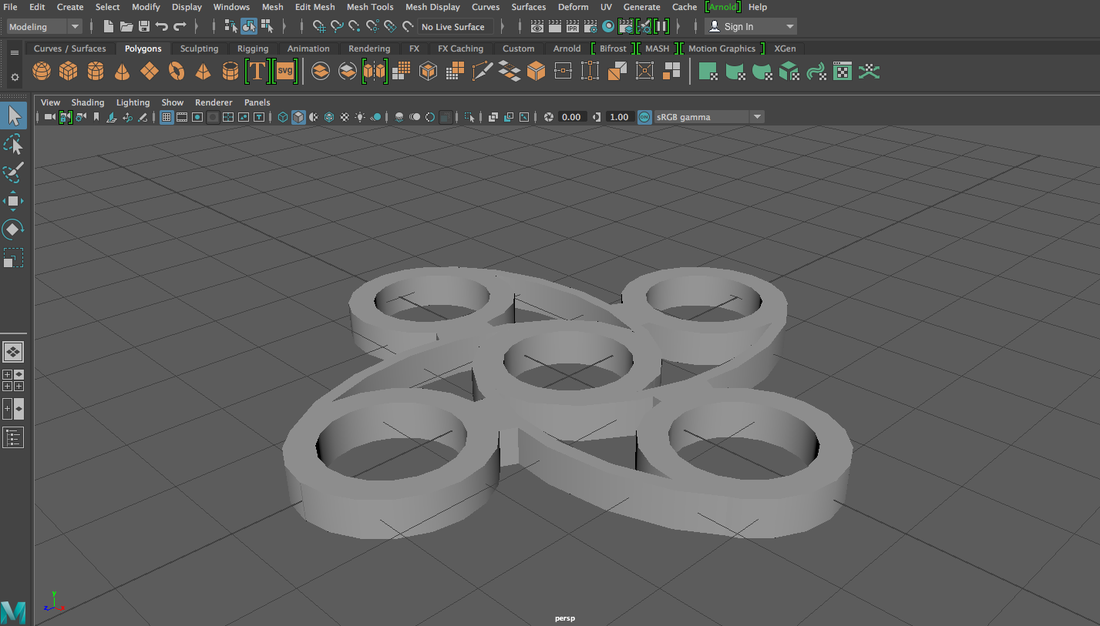
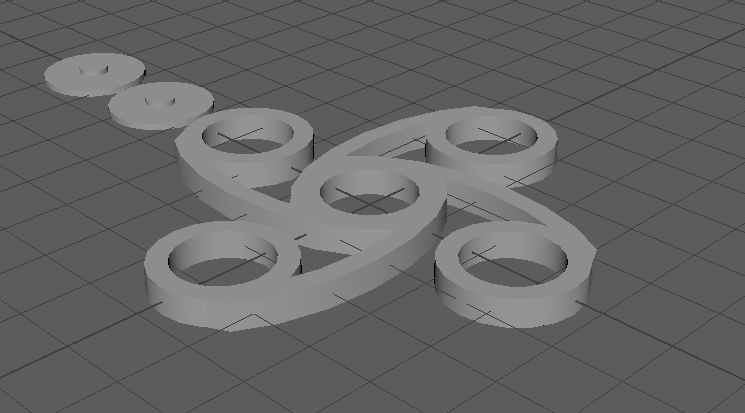
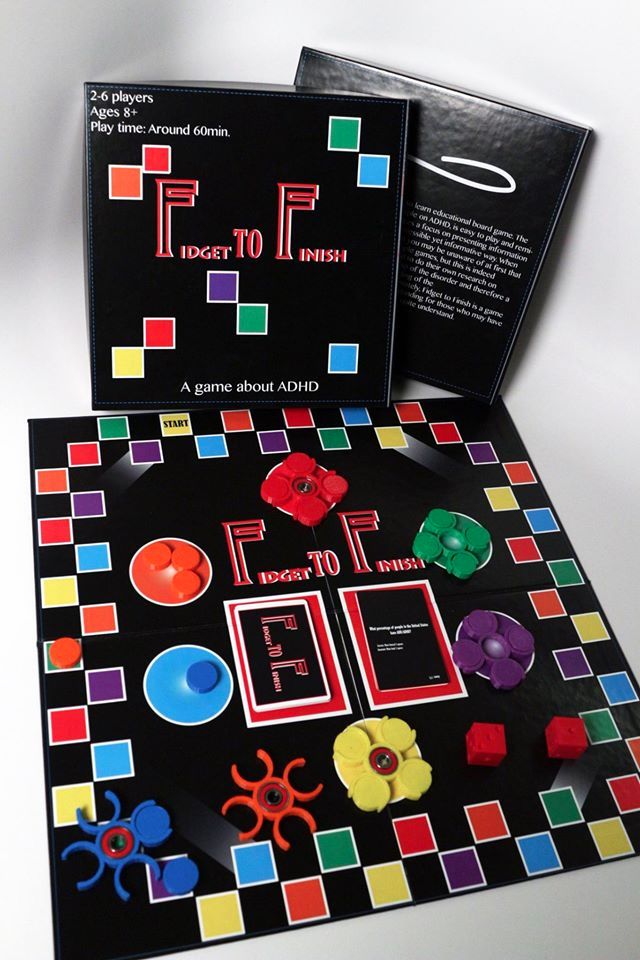
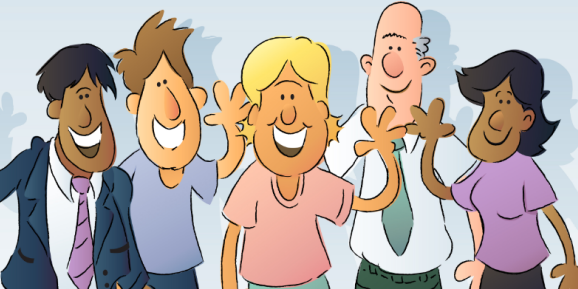
 RSS Feed
RSS Feed
